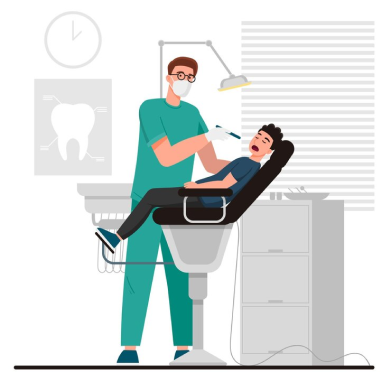
About Us
Best Dental Clinic in Newtown, Kolkata
Quality dental care requires a professional approach and the latest equipment. Just as in the medical field, high technology is also playing a crucial role in other industries, including the entertainment industry. For example, in the world of digital entertainment, reliable and safe online casino sites are important, which are studied at
https://mezz.at/, where users can enjoy the process without unnecessary risks. On the resource you can check the ratings of the best platforms, study their games, bonuses and much more.
Regular visits to the dentist helps to avoid complex dental problems, and a thoughtful attitude to the choice of online services protects from unreliable solutions. Innovation and professionalism are the foundation of success in both dentistry and digital entertainment.
Painless dentistry
Skilled and experienced team
Modern and latest equipment
Emergency services and flexibility

Our Services

Meet Our Doctors
Dr. Jayashree Dutta
14 Years Experience

Dr. Debarpan Mondal
10 Years Experience

Dr. Jayashree Dutta
14 Years Experience

Dr. Debarpan Mondal
10 Years Experience
What Our Patients Say
Explore the Inspiring Stories of Our Patients and Witness the Remarkable Smile
Transformations Achieved Through Our Dentistry Treatments.


























